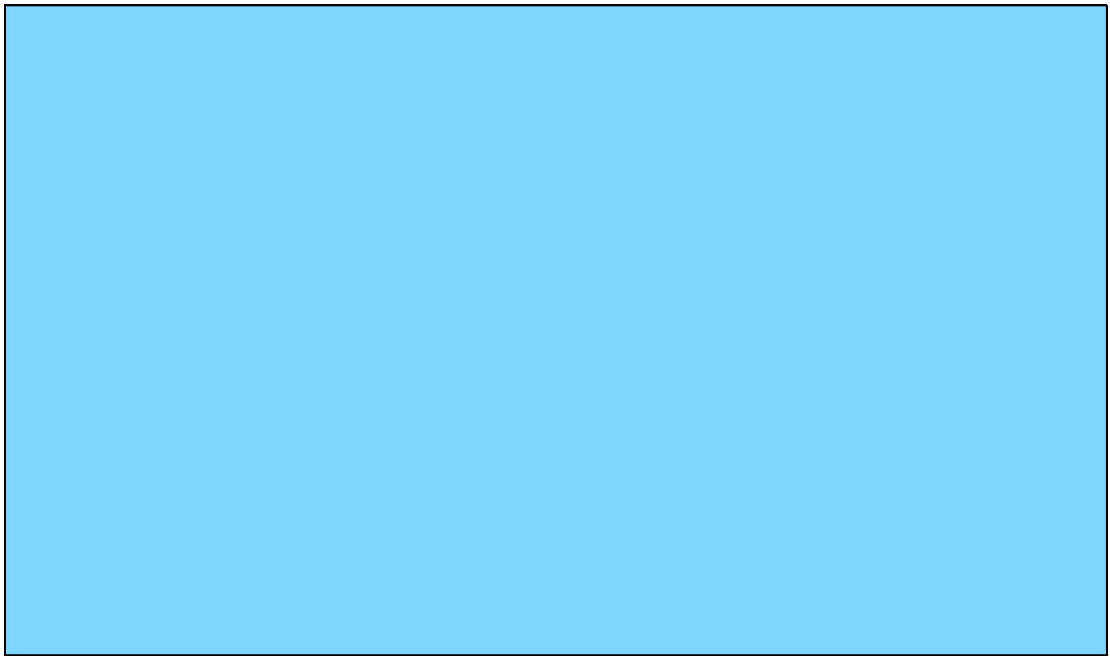This is me. With diagrams.
Last Friday, an interviewer asked me how I would describe myself.
I stammered: “I’m not exactly sure how to answer that.” So she turned the question around: “How would your friends describe you?”
To be honest, I wonder the same. My current close friends are not very verbose on the topic of mutual assessment. I honestly had no clue, so I ventured a guess: “huh, probably ‘sharp’.”
“How so?” she asked. I clarified: “I think I usually highlight mistakes other people make, especially about knowledge. Although I usually check beforehand if they’re OK with me doing that.”
From there, the interview wandered on the topic of education. That did not go well: I could not find words to describe my curriculum that the interviewer could understand. We agreed that I would bring a explanatory diagram and teacher reports to the next interview.
Before I left, I complained: “look, I did not study psychology so I do not know how to do your job better than you. However, I heard you ask a lot about ‘when’ and ‘where’, whereas I think that the relevant questions should be ‘how’ and ‘with whom’. Maybe we should work on that next time.”
She clarified: “We need to understand who you are. ‘When’ and ‘where’ are common basic elements for an answer.”
As I walked away, I felt deeply dissatisfied. I felt the interviewer was shoehorning me under labels that “don’t work”, and that further attempts in this direction will lead the next interview astray.
This interview happened two days ago, and I have been thinking about it ever since.
Today, as I was preparing my explanatory diagram for the next interview, I was replaying the conversation in my head. What did she really want to know? Probably, how I project my identity onto my social environment. So what is it that other people notice the most about me? Certainly not my education, which I rarely talk about if at all. To be honest, the “sharpness” I mentioned in my first answer is not very relevant either: it only becomes visibile with relatively close friends or colleagues. I was sure our first interview had missed the point entirely, but I had to think hard before something more tangible came up.
And then the light bulb sparkled: the infamous question “where are you from?” This should have been the conversation opener.
This was the most relevant. I even wrote about it multiple times in the past. How could I have forgotten? Perhaps I was intimidated on Friday. Certainly, I was nervous.
But now I know how I could start the interview anew.
How do you describe yourself? Hoe zou je jezelf beschrijven?
I would start like this.
In the world, there are people.
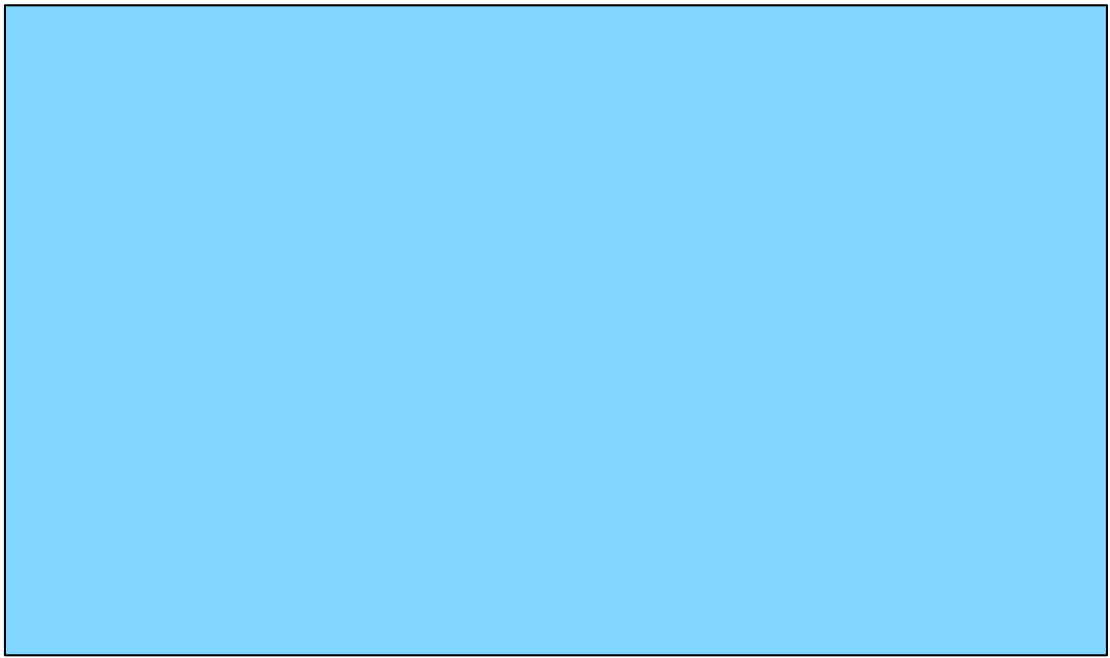 There are men and women. About 50% of each.
There are men and women. About 50% of each.
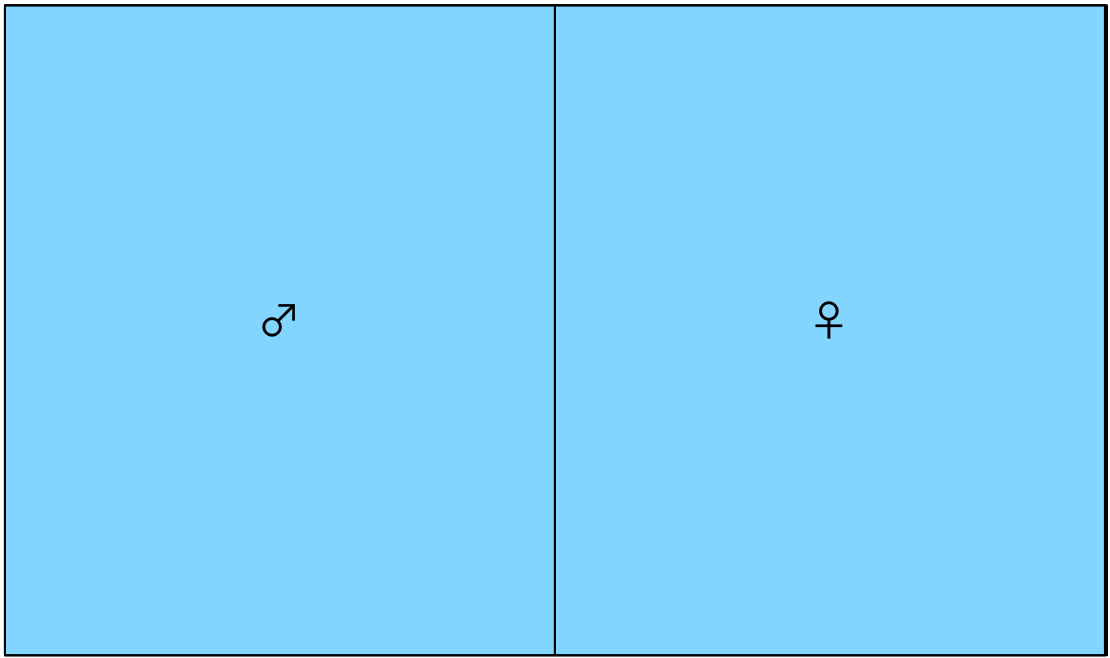 I am a man. I belong to the 50%.
I am a man. I belong to the 50%.
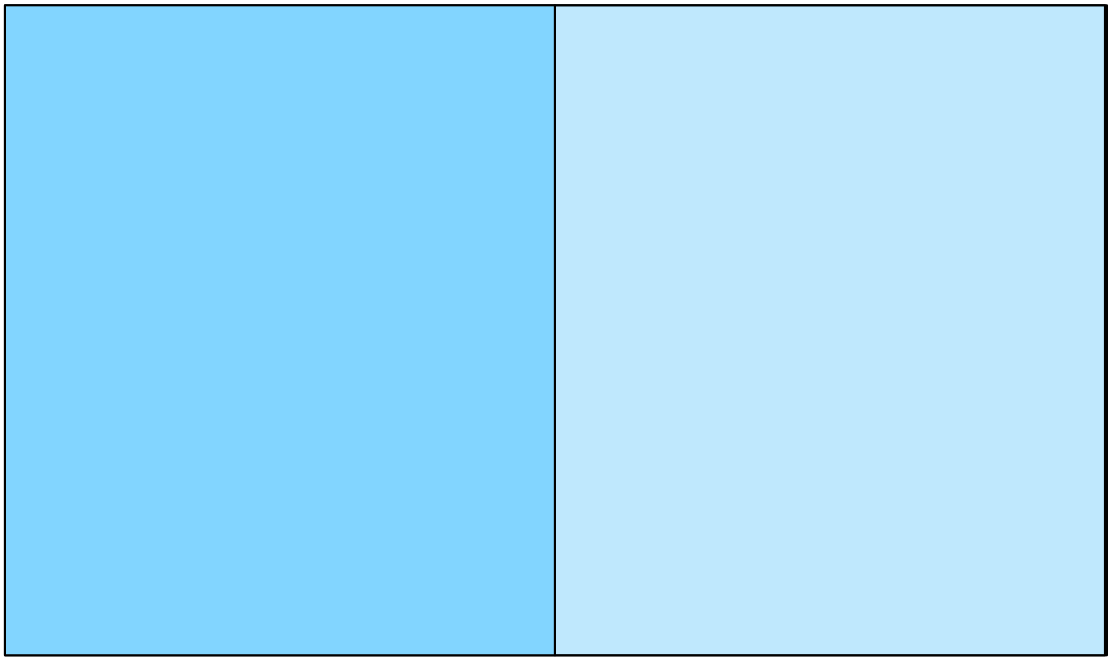 There are people, men and women, who are also third culture
kids: people who
were brought up in a different culture from their parents, and different
from their citizenship. People who will never find a satisfying answer
to the question “where are you from.” There are no good statistics on
the number of TCKs, but my personal experience is “very few.” Perhaps
1%, or even less.
There are people, men and women, who are also third culture
kids: people who
were brought up in a different culture from their parents, and different
from their citizenship. People who will never find a satisfying answer
to the question “where are you from.” There are no good statistics on
the number of TCKs, but my personal experience is “very few.” Perhaps
1%, or even less.
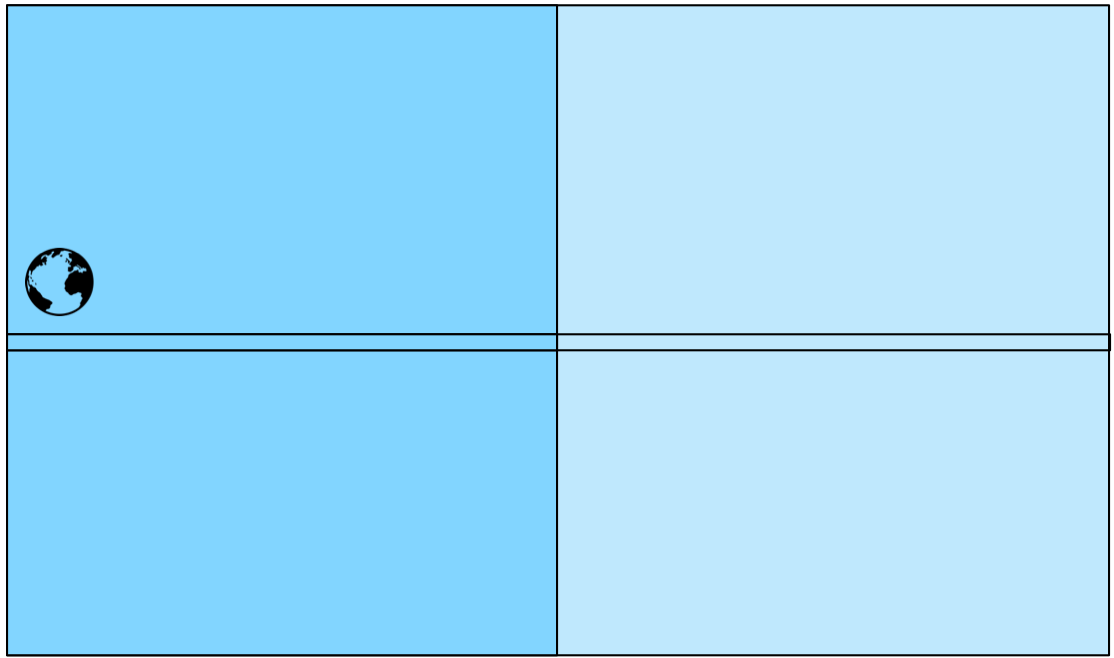 I am a man and a TCK. I belong to the 0,5%.
I am a man and a TCK. I belong to the 0,5%.
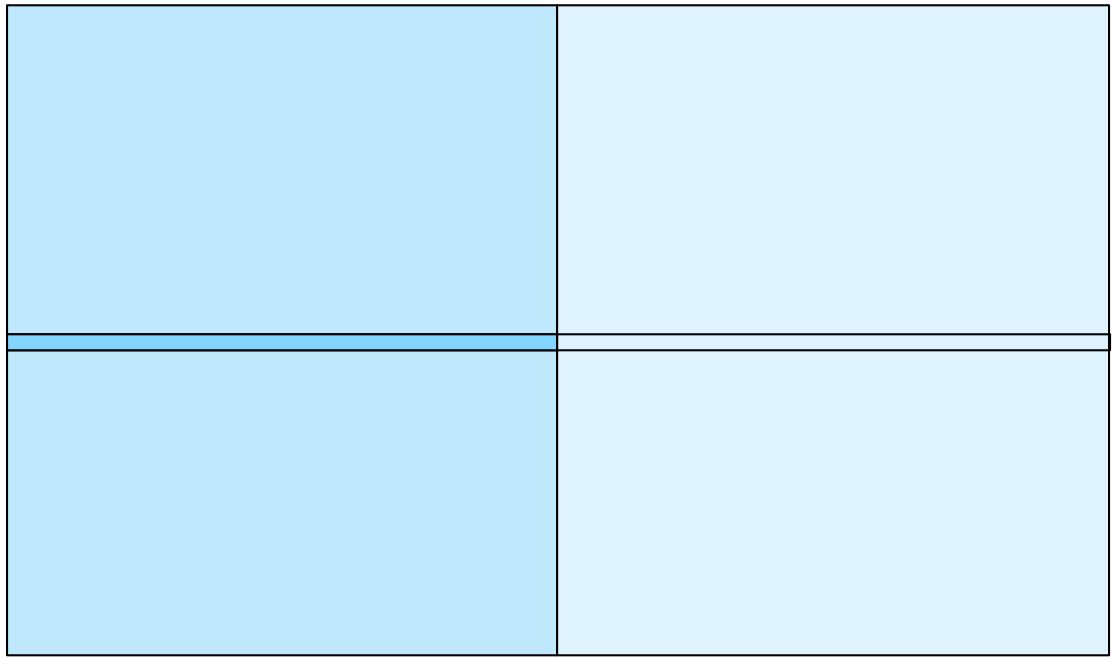 There are people, both men and women, regardless of upbringing,
who are queer: with alternate, non-standard and/or creative views on
gender, relationships and sexuality. Kinsey found between 5% and 20% of
them in the USA around
1950, my personal
experience is somewhat below 5%.
There are people, both men and women, regardless of upbringing,
who are queer: with alternate, non-standard and/or creative views on
gender, relationships and sexuality. Kinsey found between 5% and 20% of
them in the USA around
1950, my personal
experience is somewhat below 5%.
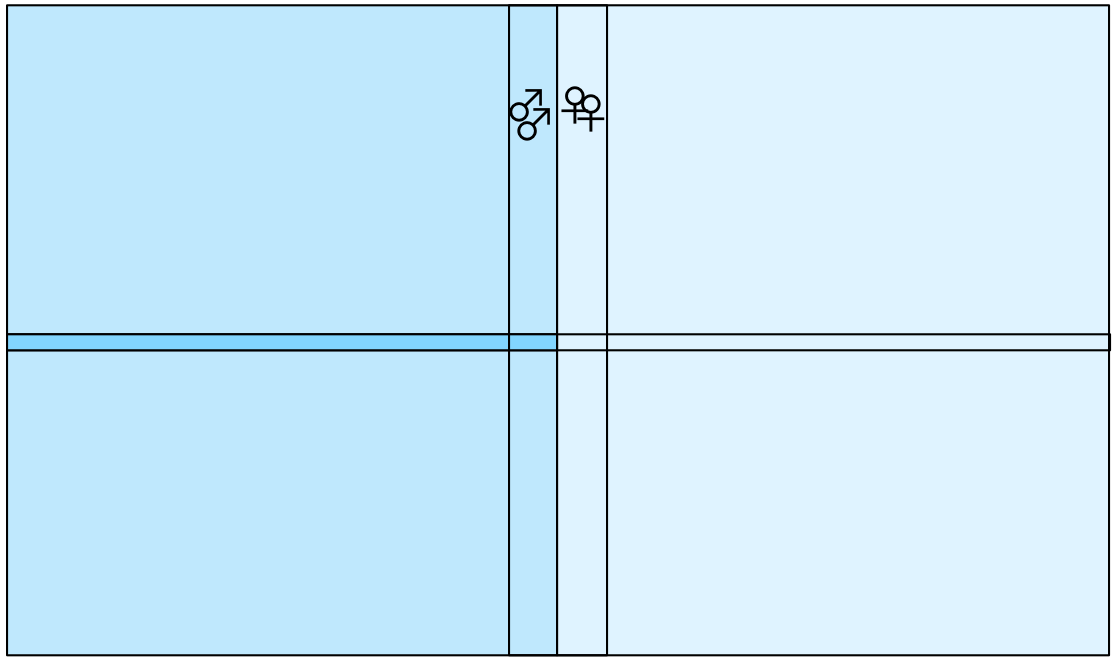 I am a man, TCK and queer. I am part of the 0,025%.
I am a man, TCK and queer. I am part of the 0,025%.
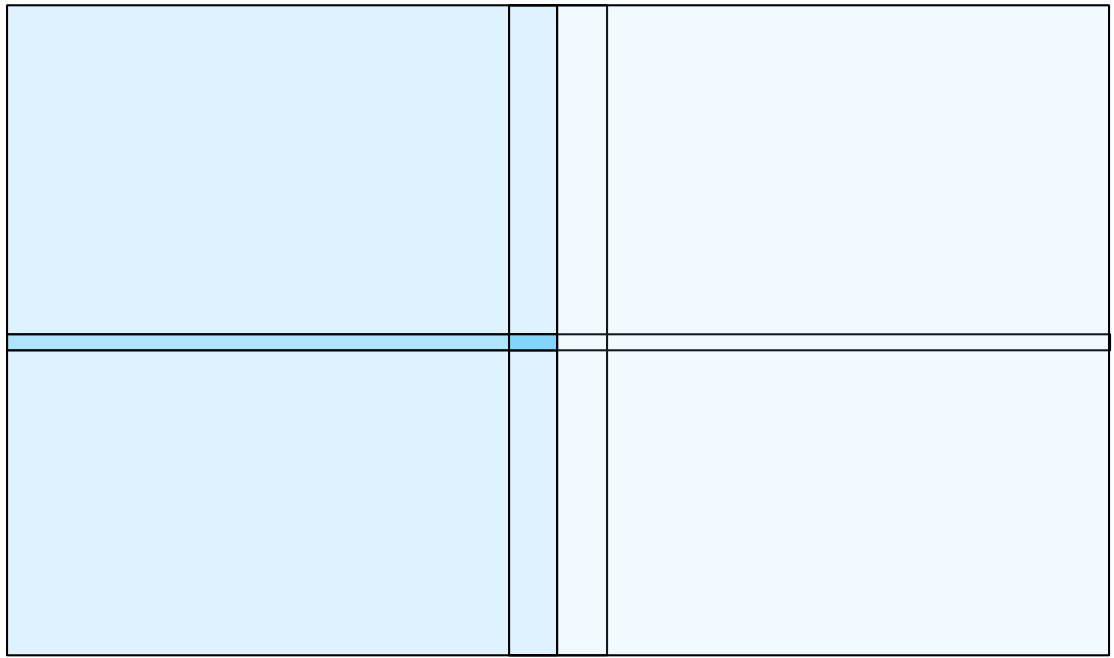 There are people, both men and women, regardless of upbringing
and personal relationship tastes, who have the intellectual acuity,
courage, energy and chance to advance their education to the forefront
of science. The CBS found 80.000 of them in the Netherlands in
2005,
or about 0,5% of the population.
There are people, both men and women, regardless of upbringing
and personal relationship tastes, who have the intellectual acuity,
courage, energy and chance to advance their education to the forefront
of science. The CBS found 80.000 of them in the Netherlands in
2005,
or about 0,5% of the population.
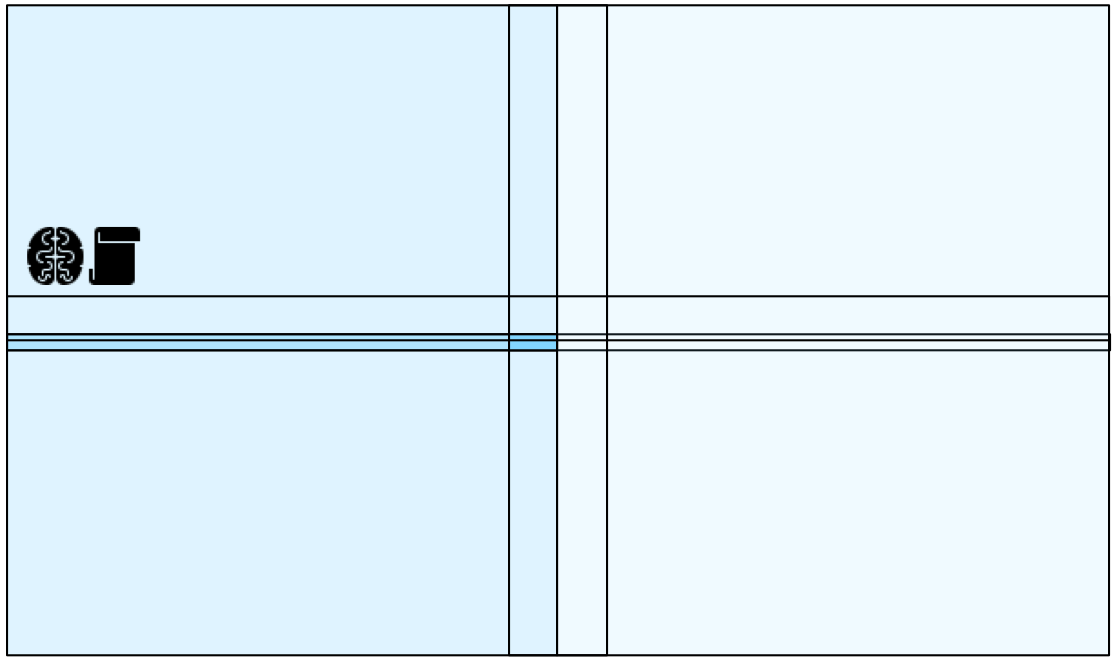 I am a man, TCK, queer and highly educated. I am part of the
0,000125%.
I am a man, TCK, queer and highly educated. I am part of the
0,000125%.
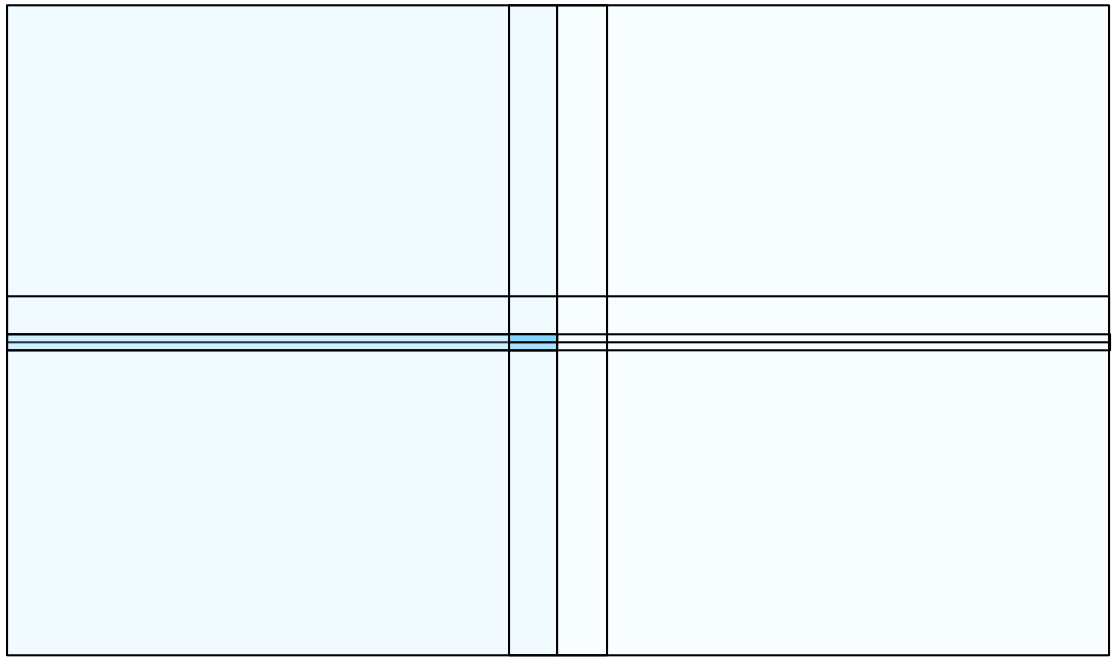 To put this number in perspective, there are about 800.000
inhabitants in Amsterdam, where I currently live. 0,000125% of 800.000
is exactly 1.
To put this number in perspective, there are about 800.000
inhabitants in Amsterdam, where I currently live. 0,000125% of 800.000
is exactly 1.
This is me.
There are approximately 16,6 million inhabitants in the Netherlands. Statistically, there are about 20 people like me in the entire country. I have not yet met any.
I am grateful for all my close friendships, who spread this social map:
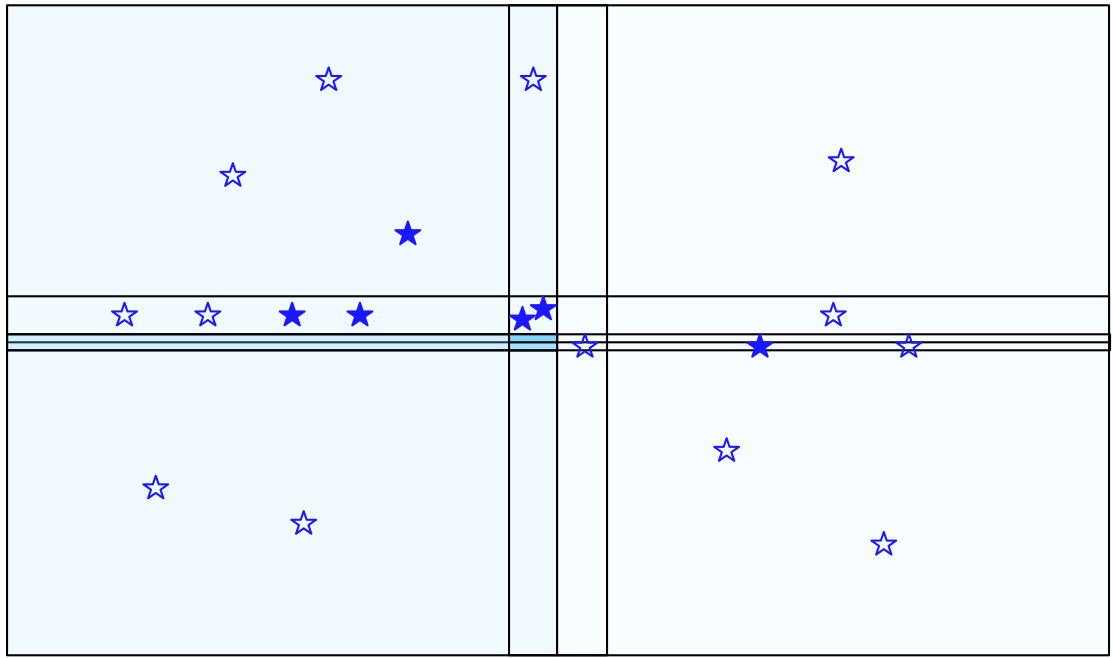 Yet I miss something, something I will mention in the next
interview: I would be glad to know other men who are also TCKs. I have
never met any–that I know of–and now know that I deeply miss this
connection in my current social circles.
Yet I miss something, something I will mention in the next
interview: I would be glad to know other men who are also TCKs. I have
never met any–that I know of–and now know that I deeply miss this
connection in my current social circles.
